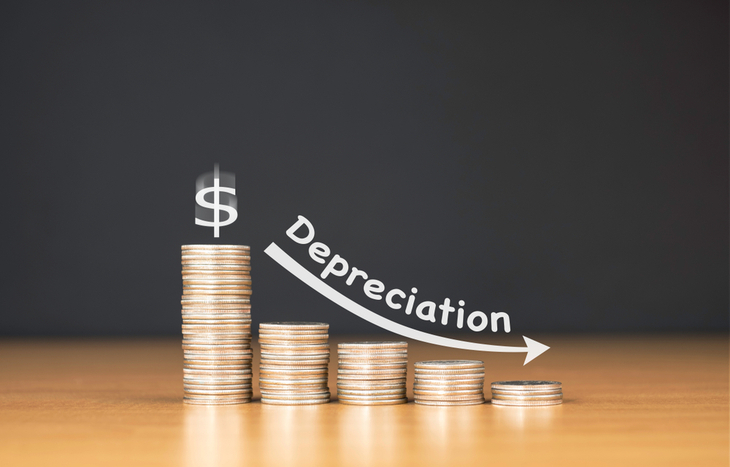Timeshares are often marketed as an investment in real estate, but the truth is that they are not the same as owning a physical property. While timeshares do give you access to vacation properties for a specific period of time, they don’t grant you the same rights as owning a piece of real estate. In this article, we’ll take a closer look at why timeshares are not real estate and what that means for investors.
What is a Timeshare?
Before we get into why timeshares are not real estate, it’s important to understand what they are. A timeshare is a type of vacation property ownership where multiple people own a share in a property. Typically, each owner has the right to use the property for a specific period of time each year, such as one week. Timeshares are often located in popular vacation destinations like beach resorts, ski resorts, or theme park areas.
Why Timeshares Are Not Real Estate
Despite being marketed as a form of real estate investment, timeshares are not considered real estate in the traditional sense. Here are a few reasons why:
Limited Ownership Rights
When you own a traditional piece of real estate, you have complete ownership rights to the property. This includes the right to sell, rent, or modify the property as you see fit. With a timeshare, however, your ownership rights are much more limited. You typically only have the right to use the property for a specific period of time each year, and you may not be able to make any modifications to the property. This limited ownership can make it difficult to resell or rent out your timeshare, which can be a problem for investors looking for a return on their investment.
No Equity
When you buy a traditional piece of real estate, you are building equity in the property over time. Equity is the difference between the property’s value and the amount you owe on your mortgage. As you make payments on your mortgage, your equity in the property increases. With a timeshare, however, you do not build any equity in the property. This means that you can’t use your timeshare as collateral for a loan or borrow against its value.
Maintenance Fees
One of the biggest downsides of owning a timeshare is the maintenance fees. These fees are typically charged annually and cover the cost of maintaining the property, such as repairs, upgrades, and cleaning. Maintenance fees can be expensive, and they can increase over time. This can be a problem for investors who are looking to make a profit on their timeshare investment.
Difficult to Sell
Selling a timeshare can be difficult. The market for timeshares is limited, and it can be hard to find a buyer. In addition, many timeshares come with restrictions that make them less attractive to potential buyers. For example, you may only be able to sell your timeshare back to the resort or to another owner in the same timeshare program. This can make it difficult to sell your timeshare for a profit.
Lack of Appreciation
One of the main reasons people invest in real estate is because it tends to appreciate in value over time. This means that the property’s value increases, and you can sell it for more than you paid for it. With a timeshare, however, there is little to no appreciation in value. In fact, many timeshares depreciate in value over time, which can make it difficult to recoup your investment.
Conclusion
While timeshares do give you access to vacation properties for a specific period of time each year, they are not the same as owning a physical piece of real estate. Timeshares come with limited ownership rights, no equity, high maintenance fees, and are difficult to sell. In addition, they do not appreciate in value over time.




